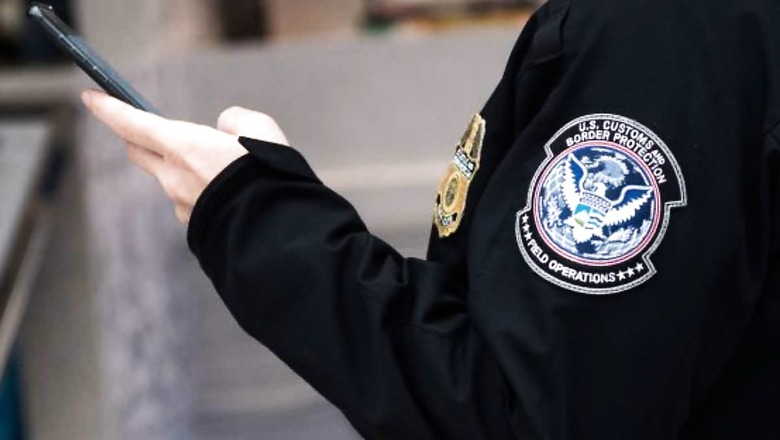
views
A United States Court Of Appeals For The First Circuit has ruled that travelers can be subjected to in-depth searches of their phones, tablets and laptops if the Customs And Border Protection (CBP) officers deem that necessary. The ruling, by First Circuit Judge Sandra Lynch, says that both types of searchers—that is basic and advanced, are permissible. These smartphone and computing device searches may involve your data being reviewed and copied, after you provide access to your phone’s PIN or biometrics to the Customs And Border Protection agents after your arrival in the US.
“Electronic devices do not fit neatly into other categories of property searches, but the bottom line is that basic border searches of electronic devices do not involve an intrusive search of a person,” notes the ruling. This matter was brought to the court by a group of US citizens, including NASA Jet Propulsion Laboratory employee Sidd Bikkannavar, who was made to unlock his phone, issued by NASA and contained what is believed to be sensitive material and not to be shared or seen by outside eyes. Most of these checks at US borders were put in place by the Donald Trump administration.
There are significant privacy concerns at play here. In usual circumstances, a search warrant is required for any probable cause or suspicion. “Warrantless and suspicionless electronic device searches can give border officers unfettered access to vast amounts of private information about our lives,” Esha Bhandari, deputy director of the ACLU’s Speech, Privacy, and Technology Project, said in an official statement, confirming that they are evaluating all options available to ensure the privacy rights aren’t lost when an individual is traveling.
This ruling reverses the decision by a US District Court in 2019 that said reasonable suspicion was required for either basic or advanced searches of a traveler’s devices. Bloomberg reports that the Brennan Center submitted a brief in the case arguing that border searches of digital devices, whether they’re manual or forensic, should require at least reasonable suspicion, if not a warrant. “There are so many things that can be accessed with a ‘basic’ search,” says Rachel Levinson-Waldman, deputy director of the Liberty & National Security Program at the Brennan Center for Justice.
Read all the Latest News, Breaking News and Coronavirus News here



















Comments
0 comment